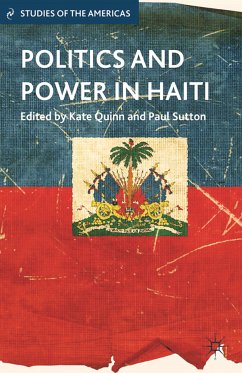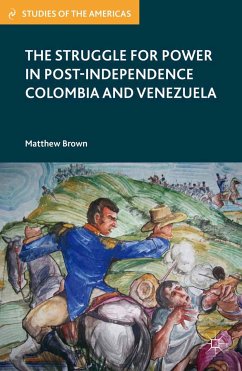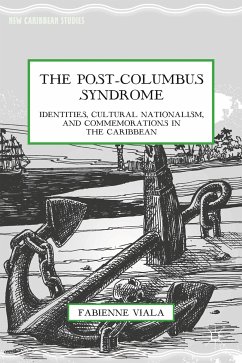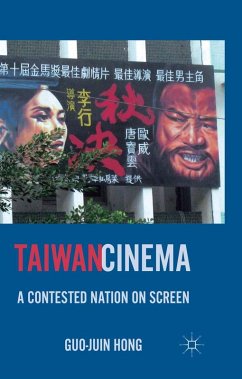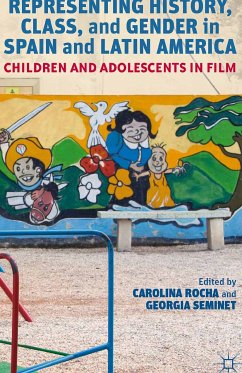"The Post-Dictatorship Generation in Argentina, Chile, and Uruguay provides a refreshing, three-dimensional account of human rights debates in the Southern Cone, stressing the views of groups too young to have experienced state persecution directly, who must nonetheless grapple with a society forever altered by the period of tyranny. The blending of a sociological and a literary approach (including due attention to film and poetry) is unusual, difficult to bring off, and accomplished beautifully here."
- Christopher Mitchell, New York University
"Ana Ros offers an engaging and nuanced portrait of the post-dictatorship generation in Argentina, Chile, and Uruguay. Through her keen analyses and illuminating comparisons of
diverse cultural productions, she shows how those who grew up amid state terror have challenged static, official narratives in the interest of constructing more just societies and layered understandings of the past."
- Michael J. Lazzara, University of California, Davis
"Focusing on the post-dictatorship generation's cultural production, Ros presents a novel perspective on the ongoing collective memory construction process. In this excellent study, the author thoroughly analyzes films, books, and artistic installations revealing how young people are reclaiming this history as their own and installing it in the public sphere with their distinctive approach, gaze, and voice. In doing so, they reaffirm the strong presence ofthis past in their present and challenge their parents' generation by triggering intergenerational dialogues that demystify heroes, question hierarchies, and demand explanations about memory monopolies, political activism, armed struggle, and the roles of average citizens."
- Susana Kaiser, University of San Francisco, author of Postmemories of Terror: A New Generation Copes with the Legacy of the 'Dirty War'






